What are the Causes of Diabetes?
Diabetes is a chronic health condition that affects millions of people worldwide. It occurs when the body either doesn’t produce enough insulin or can’t use insulin properly. Insulin is a hormone that regulates blood sugar levels. Understanding the causes of diabetes is essential for prevention and management. This article delves into the various causes of diabetes, breaking them down into a step-by-step format to provide a comprehensive understanding.
1. Genetics and Family History
1.1 Genetic Predisposition
One of the primary causes of diabetes, especially Type 1 diabetes, is genetics. If you have a family history of diabetes, your risk of developing the condition increases significantly. Research shows that certain genes play a crucial role in the development of diabetes. For instance, genes related to the immune system can malfunction, leading to the destruction of insulin-producing beta cells in the pancreas.
1.2 Family History
If one or both of your parents have diabetes, your risk of developing the disease is higher. This familial link is more pronounced in Type 2 diabetes, where lifestyle and genetic factors combine to increase the risk.
2. Autoimmune Reactions
2.1 Type 1 Diabetes and Autoimmunity
Type 1 diabetes is an autoimmune disease where the immune system mistakenly attacks and destroys the insulin-producing beta cells in the pancreas. This destruction leads to little or no insulin production. While the exact cause of this autoimmune reaction is unknown, it’s believed to be a combination of genetic susceptibility and environmental triggers, such as viral infections.
2.2 Environmental Triggers
Certain environmental factors, such as viral infections (e.g., Coxsackievirus, mumps, and rubella), may trigger the autoimmune response leading to Type 1 diabetes in genetically susceptible individuals.
3. Insulin Resistance
3.1 Understanding Insulin Resistance
Insulin resistance is a significant cause of Type 2 diabetes. It occurs when the body’s cells become less responsive to insulin, leading to higher blood sugar levels. The pancreas compensates by producing more insulin, but over time, it can’t keep up, resulting in elevated blood sugar levels.
3.2 Causes of Insulin Resistance
Several factors contribute to insulin resistance, including:
- Obesity: Excess fat, particularly abdominal fat, is linked to insulin resistance. Fat cells produce inflammatory substances that can interfere with insulin action.
- Sedentary Lifestyle: Lack of physical activity can lead to weight gain and reduced insulin sensitivity.
- Poor Diet: Diets high in refined carbohydrates, sugars, and unhealthy fats can contribute to insulin resistance.
4. Obesity
4.1 The Link Between Obesity and Diabetes
Obesity is one of the most significant risk factors for Type 2 diabetes. Excess body fat, especially around the abdomen, increases the risk of developing insulin resistance and, subsequently, diabetes.
4.2 Mechanisms of Obesity-Induced Diabetes
- Inflammation: Excess fat tissue can produce inflammatory cytokines that interfere with insulin action.
- Hormonal Changes: Obesity can alter hormone levels, affecting how the body processes insulin.
- Fat Distribution: Visceral fat (fat around internal organs) is particularly harmful and closely linked to insulin resistance.
5. Lifestyle Factors
5.1 Poor Diet
A diet high in processed foods, sugary beverages, and unhealthy fats can increase the risk of diabetes. These foods can lead to weight gain and affect insulin sensitivity. Diets lacking in fiber, whole grains, and healthy fats are particularly problematic.
5.2 Physical Inactivity
Regular physical activity helps maintain a healthy weight and improves insulin sensitivity. A sedentary lifestyle, on the other hand, can lead to weight gain and increased risk of insulin resistance.
5.3 Smoking
Smoking is a risk factor for many diseases, including diabetes. Nicotine and other chemicals in cigarettes can interfere with insulin action and increase the risk of insulin resistance.
5.4 Alcohol Consumption
Excessive alcohol consumption can lead to weight gain and pancreatitis, which can impair insulin production. Moderate alcohol consumption, on the other hand, may have a protective effect.
6. Hormonal Disorders
6.1 Polycystic Ovary Syndrome (PCOS)
PCOS is a condition that affects women and is characterized by hormonal imbalances, irregular menstrual cycles, and insulin resistance. Women with PCOS are at an increased risk of developing Type 2 diabetes.
6.2 Cushing’s Syndrome
Cushing’s syndrome is a hormonal disorder caused by high levels of cortisol. Cortisol can interfere with insulin action, leading to increased blood sugar levels and a higher risk of diabetes.
6.3 Thyroid Disorders
Both hyperthyroidism and hypothyroidism can affect blood sugar levels and increase the risk of diabetes. The thyroid gland plays a crucial role in metabolism, and any imbalance can impact insulin sensitivity.
7. Medications
7.1 Steroids
Long-term use of corticosteroids can lead to increased blood sugar levels and insulin resistance. These medications are commonly used to treat inflammatory conditions, but their side effects include an increased risk of diabetes.
7.2 Antipsychotics
Certain antipsychotic medications can lead to weight gain and insulin resistance, increasing the risk of diabetes.
7.3 Other Medications
Other medications, such as certain antihypertensives and statins, can also affect blood sugar levels and insulin sensitivity.
8. Age and Ethnicity
8.1 Age
The risk of Type 2 diabetes increases with age. As people get older, they tend to gain weight and become less physically active, which can contribute to insulin resistance and diabetes.
8.2 Ethnicity
Certain ethnic groups, including African Americans, Hispanics, Native Americans, and Asian Americans, have a higher risk of developing diabetes. The reasons for this increased risk are multifactorial, including genetic predisposition, lifestyle factors, and socio-economic conditions.
9. Gestational Diabetes
9.1 Pregnancy-Related Diabetes
Gestational diabetes occurs during pregnancy when the body cannot produce enough insulin to meet the increased needs. This condition increases the risk of developing Type 2 diabetes later in life for both the mother and the child.
9.2 Risk Factors
Risk factors for gestational diabetes include obesity, a history of gestational diabetes in a previous pregnancy, a family history of diabetes, and being over the age of 25.
10. Pancreatic Diseases
10.1 Pancreatitis
Chronic pancreatitis can damage the insulin-producing cells in the pancreas, leading to diabetes. Pancreatitis can be caused by alcohol abuse, gallstones, and other factors.
10.2 Pancreatic Cancer
Pancreatic cancer can affect insulin production and lead to diabetes. The relationship between diabetes and pancreatic cancer is complex and bidirectional, with diabetes sometimes being an early sign of pancreatic cancer.
Disclaimer
Never treat yourself based on the information provided in this article. Always seek the advice of your physician or qualified healthcare provider with any questions you may have regarding a medical condition.
Why Meds Media Diabetes guides are different
We focus on simple explanations of blood sugar, diet, medicines, and lab tests so you can have clearer conversations with your diabetes doctor.
Nothing here replaces medical care. Always follow the advice of your diabetologist or healthcare provider before changing any medicine, insulin, or diet plan.
Similar Posts You may also like

Nux vomica: Homeopathic Medicine for Diabetes, Uses and Indications

Top 10 Homeopathic Medicines for Diabetic Foot Ulcer

Remedy for Diabetes rheumatic pains in homeopathy

Uranium Nitricum (Uran-n): A Bird’s Eye View of the Homeopathic Diabetes Remedy

Mouth Symptoms in Diabetes:Homeopathic Medicines and Their Indications
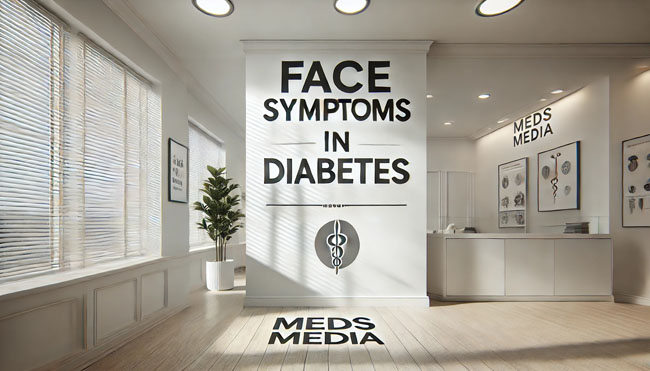
Face Symptoms in Diabetes:Homeopathic Medicines and Their Indications

Hearing Symptoms in Diabetes:Homeopathic Medicines and Their Indications
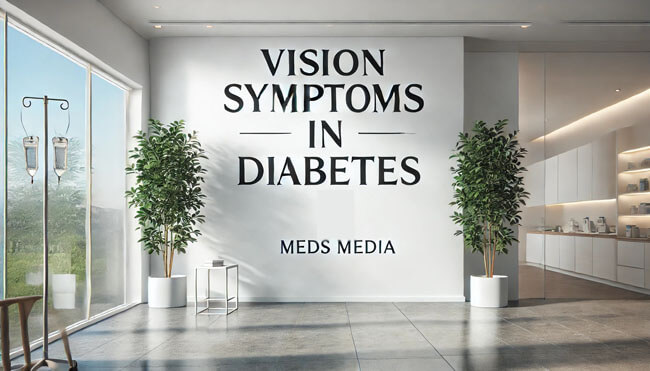
VISION: Diabetes Symptoms and Homeopathic Medicines

Eyes-related symptoms in diabetes: Homeopathic Medicines and Their Indications

Head-related symptoms in diabetes: Homeopathic Medicines and Their Indications

Vertigo Symptoms in Diabetes: Insights for Homeopathic Treatment
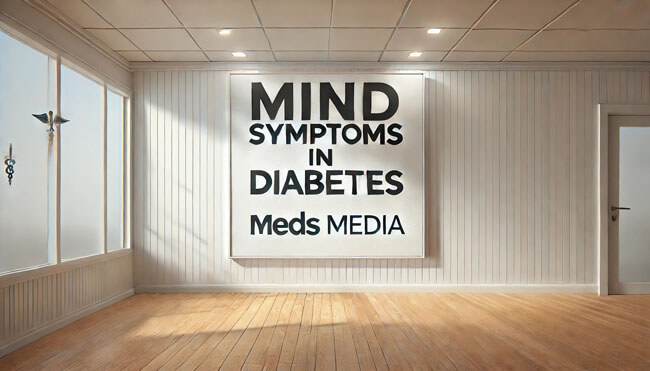
Mind Symptoms in Diabetes: Rubric, and Homeopathic Remedies
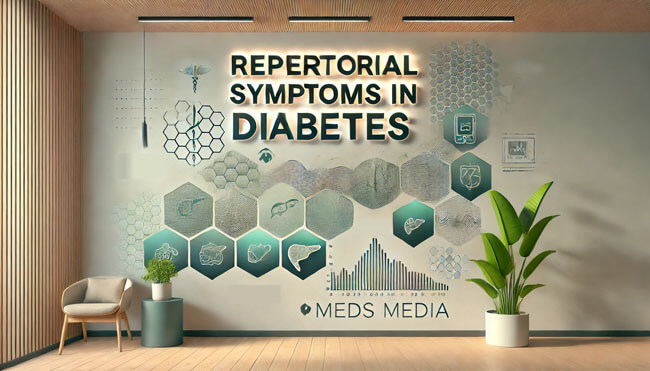
Repertorial Symptoms Related to Diabetes Mellitus and Its Complications

Homeopathic Medicines and Concomitants for Managing Diabetes

Diabetes: Causes, Miasms, and Homeopathic Medicines

Diabetes and Homeopathy: Effective Remedies According to Boericke’s Materia Medica
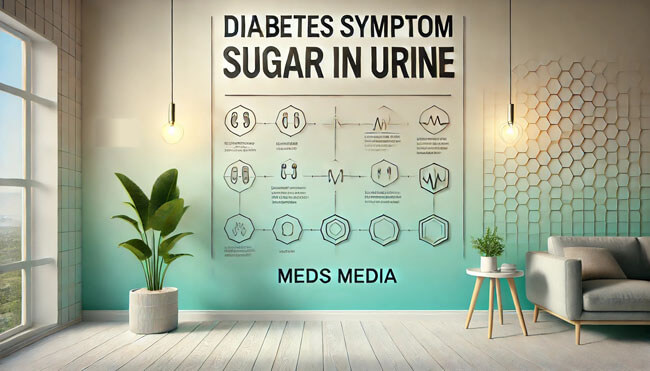
Diabetes and Sugar in Urine: Homeopathic Remedies
